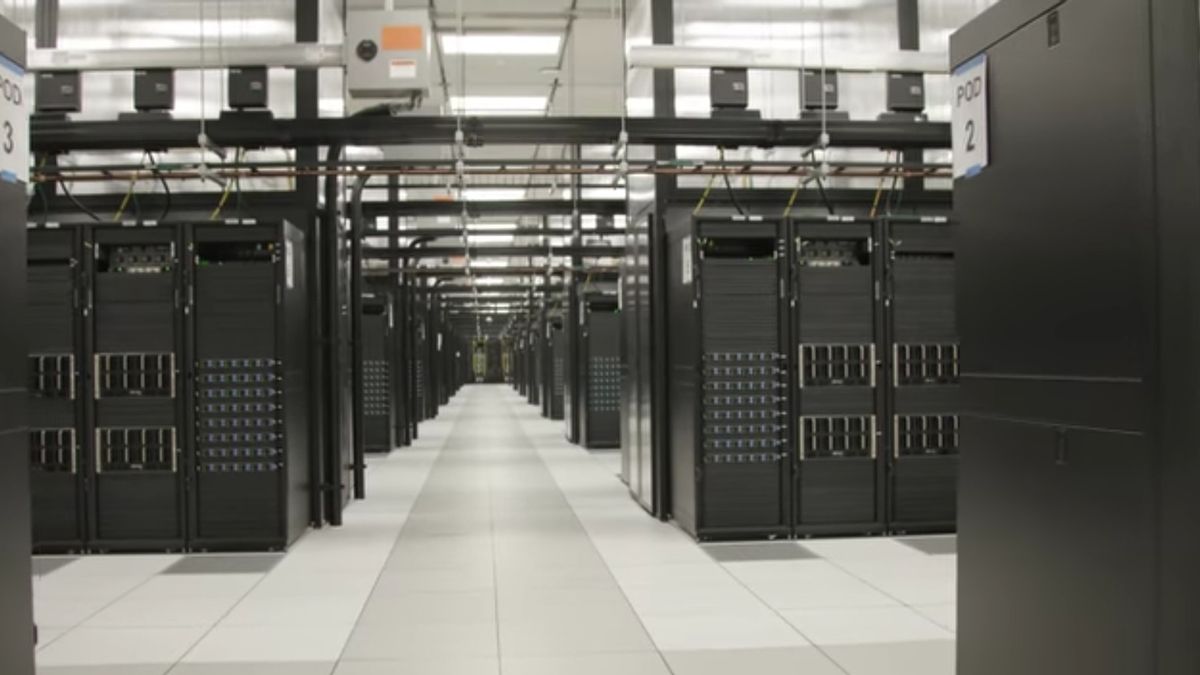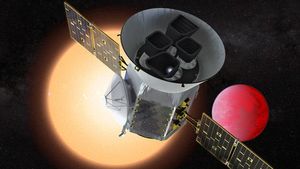JAKARTA - Meta surprisingly introduced its new supercomputer to the public, dubbed the AI Research SuperCluster (RSC). The company believes it will be the fastest AI supercomputer on the planet.
Once RSC is fully operational, it will probably be among the top 10 fastest supercomputers in the world, which will be used for language modeling and computer vision.
RSC will help researchers develop better AI models that can learn from trillions of examples. Among other things, models will be able to build better augmented reality (AR) tools and analyze text, images, and videos seamlessly together.
Much of this work is to realize his vision, a metaverse in which AI-powered apps and products will have a key role to play.
RSC is up and running and enterprise researchers are already implementing it, with user-generated data. The data the company said was encrypted until the time of the training and the entire facility was isolated from the wider internet.
The team that operates the RSC take great pride in doing this almost entirely remotely, the supercomputer is a surprisingly physical construction, with basic considerations like heat, cables, and interconnects impacting both performance and design.
SEE ALSO:
"We hope that RSC will help us build a completely new AI system, which can support real-time voice translation to large groups of people, each speaking a different language, so they can seamlessly collaborate on research projects or play AR games together," said Technical Program Manager Kevin Lee and Software Engineer Shubho Sengupta in a blog post.
Citing TechCrunch, Tuesday, January 25, RSC currently has 760 Nvidia DGX A100 systems with a total of 6.080 GPUs. Meta believes it is already one of the fastest AI supercomputers on the planet. He claims RSC is comparable to older enterprise setups, running computer vision workflows up to 20 times faster as well as the NVIDIA Collective Communication Library which is nine times faster.
Meta states RSC can train large-scale natural language processing models up to three times faster as well. Thus, the AI model can determine whether an action, sound, or image is harmful or harmless can be trained more quickly.
According to the company, the research will help protect people on their services like Facebook and Instagram, as well as in the metaverse. Like analyzing malicious content.
Along with creating the physical infrastructure and systems to run RSC, Meta needs to ensure there are security and privacy controls in place to protect the real-world training data it uses.
This year, Meta plans to increase the number of GPUs in RSC to 16.000. This is useful in increasing the performance of AI training by more than 2.5 times. The company, which started work on the project in early 2020, wants RSC to train AI models on datasets up to exabytes in size, the equivalent of 36.000 years of high-quality video.
“We expect a step function change in computing capabilities to allow us to not only build more accurate AI models for our existing services, but also enable completely new user experiences, especially in the metaverse,” said Lee and Sengupta.
Furthermore, Meta is currently also building another exascale system in the United States (US). Such as the Aurora Supercomputer at the Department of Energy's Argonne National Laboratory, and the El Capitan supercomputer, which will manage the country's nuclear reserves.
The English, Chinese, Japanese, Arabic, and French versions are automatically generated by the AI. So there may still be inaccuracies in translating, please always see Indonesian as our main language. (system supported by DigitalSiber.id)


















